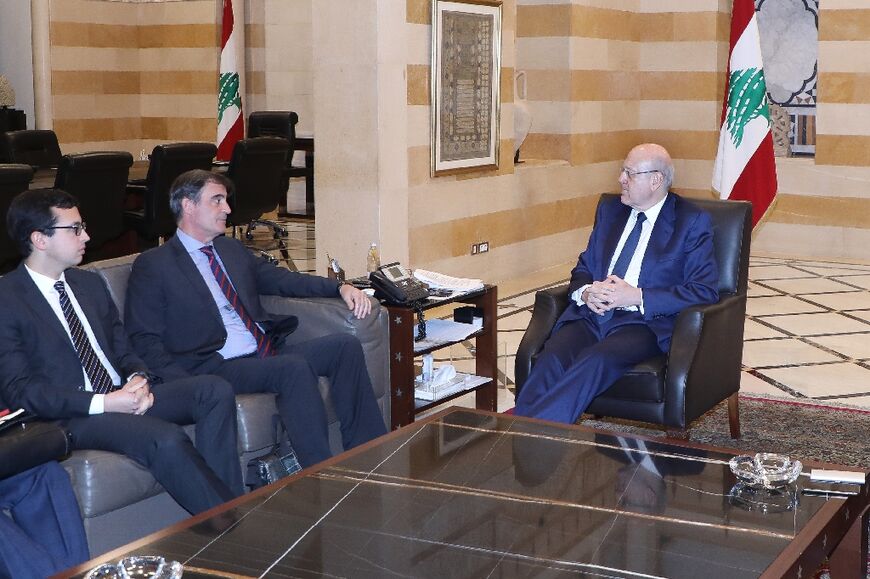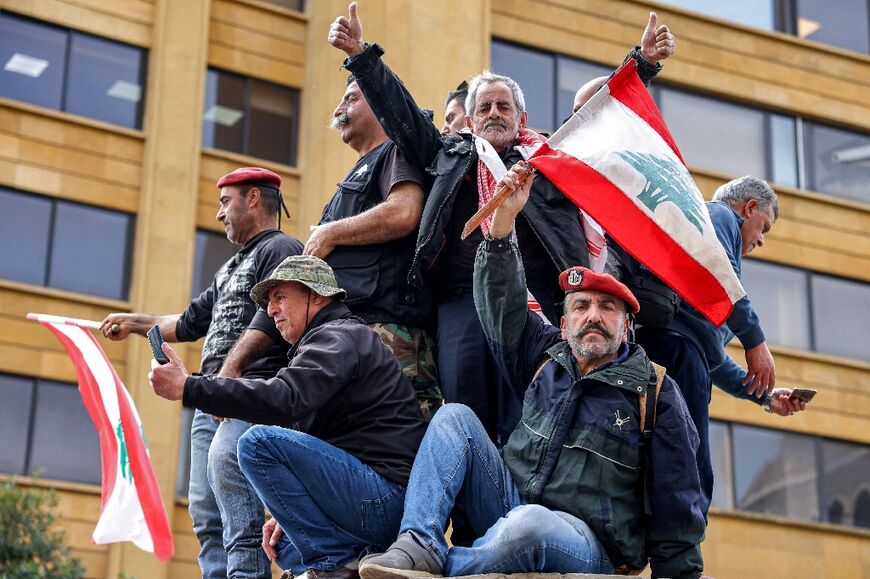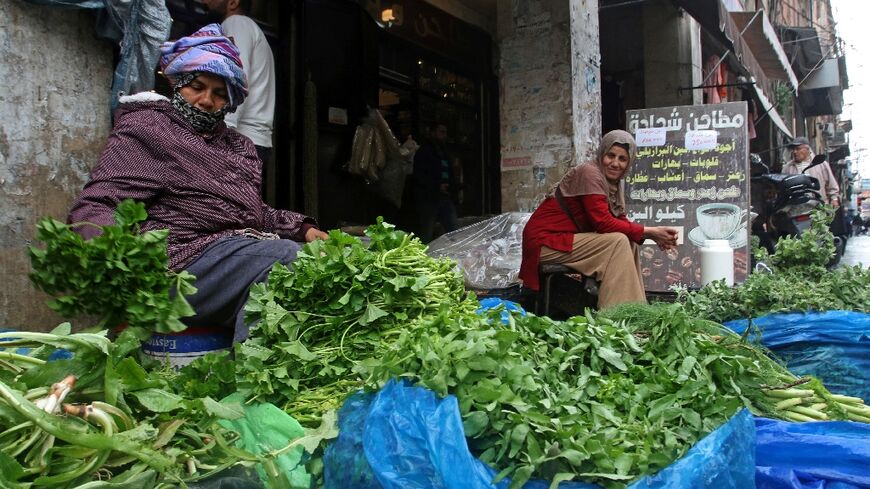Crisis-hit Lebanon is "at a very dangerous moment", a visiting International Monetary Fund delegation said Thursday, criticising slow progress on reforms needed to unlock billions in loans.
Lebanon and the IMF reached a conditional agreement in April 2022 on a $3-billion-dollar loan needed to save the country's economy, in free fall since 2019.
But nearly a year after Beirut signed the agreement, officials have yet to enact the substantial changes required to kickstart the 46-month financing programme.
Since last year, the country has had no president and only a caretaker government, amid persistent deadlock between rival factions while the country plunges deeper into a crisis dubbed by the World Bank as one of the world's worst since the mid-19th century.
"We think Lebanon is at a very dangerous moment, at a crossroads," said Ernesto Ramirez Rigo, who headed the IMF delegation to Beirut.
He warned the continued "policy of inaction is going to leave Lebanon in a never-ending crisis".
"Time has gone by. It's almost a year since we have reached an agreement," Rigo added, urging leaders to implement the reforms swiftly.

"The country is in a significant crisis. One would have expected a lot more in terms of implementation and approval of legislation," added Rigo.
In September he had already warned of tardiness in implementing reforms, "despite the urgency".
Lebanon's meltdown has pushed most of the population into poverty while the political elite, widely blamed for the country's financial collapse, has failed to take action.
If the status quo persists, the country could see hyperinflation, "in a worst case scenario" Rigo said.
- 'Very slow' -
The IMF had conditioned the funds on a series of measures, notably unifying the country's plethora of exchange rates, a reformed bank secrecy law as well as restructuring the banking sector and the implementation of formal capital controls.
The Lebanese have progressed, Rigo said, but "the progress is very slow".

Lebanon has implemented some reforms demanded by the IMF including passing a 2022 budget as well as a revised bank secrecy law.
Rigo said any solution for Lebanon must include an adjustment of "fiscal policies", address "banking sector losses" and strengthen anti-corruption measures.
Lebanese banks have imposed draconian withdrawal restrictions -- essentially locking depositors out of their life savings.
"Small depositors are the ones hit the hardest... They are suffering more than they should," he said.
"The loss is so large that unfortunately there will have to be a redistribution between the government, banks, and depositors."
As reforms drag, the market value of the Lebanese pound reached historic lows against the US dollar this month, prompting hundreds to take to the streets and protest deteriorating living conditions on Wednesday.
Many of the demonstrators were retired servicemen whose army pensions have lost most of their value, and depositors locked out of their savings by cash-strapped banks.
Security forces fired tear gas as some tried to push through barriers to reach the Beirut compound which houses government offices, while other protesters hurled stones.
"I used to make around $4,000. Now my pension is worth $150," one retired general told AFP.
The pound has been trading on parallel markets at more than 100,000 against the greenback -- a dizzying plunge from 1,507 before the economic crisis hit in 2019.
Lebanon defaulted on its foreign debt for the first time in 2020.
Yet over the years the government has opened lines of credit from the central bank, "something that we have recommended should not be happening," Rigo said, urging authorities to stop borrowing from the central bank.
Activist group Kulluna Irada, which met with the IMF delegation, denounced "a lack of real intention to reform" on behalf of Lebanon's ruling class.





